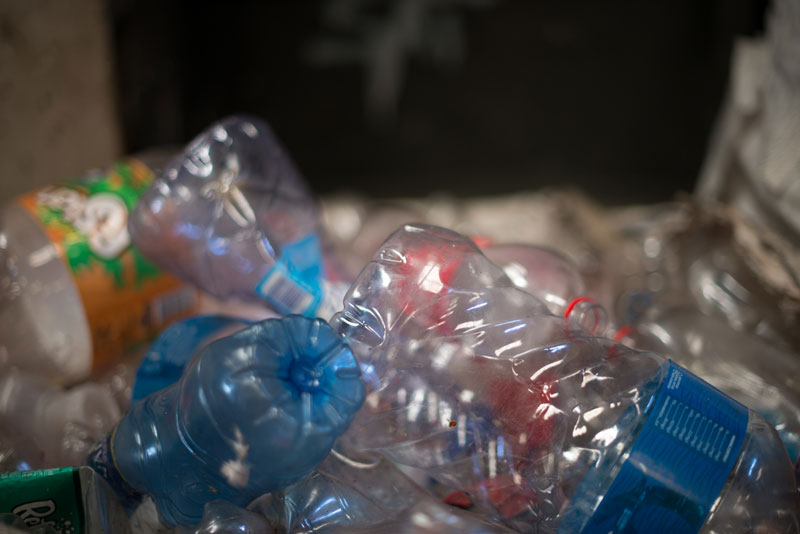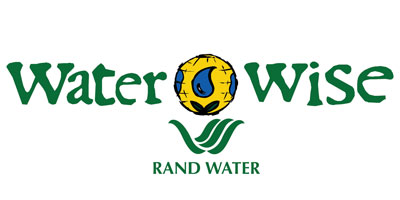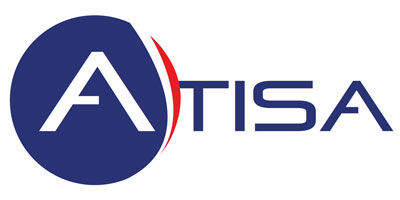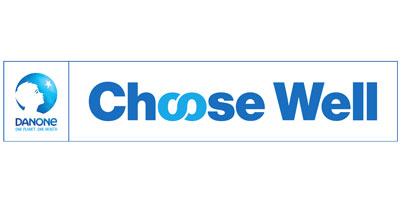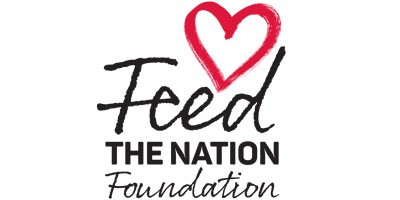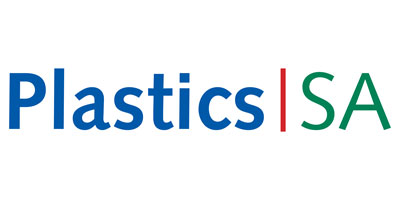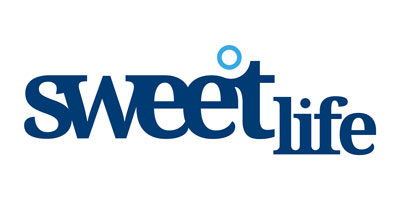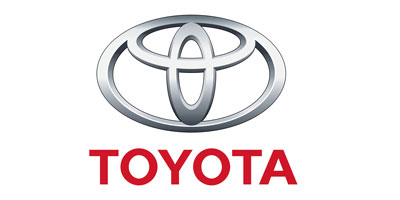Most of us have on-the go lifestyles. We enjoy the convenience of using light-weight PET bottles to carry our water or cooldrinks in. This has, however, lead to many plastic bottles being disposed of irresponsibly and therefore landing up in the environment.
PET (Polyethylene terephthalate) forms the basis for synthetic fibres like polyester and is also recognised in the packaging industry as the rigid plastic commonly used as beverage bottles for carbonated soft drinks, bottled water, milk, juice, sports and energy drinks, jars, punnets, tubs and trays for food items, bottles for household, personal care and pharmaceutical products, and sheet and film for general packaging. PET is globally recognised as a safe, recyclable packaging material for food and non-food products. PET packaging is selected for a wide variety of applications because it is safe, strong, shatterproof and chemically 100% recyclable into the same PET products (fibre and bottles).
You can look for the little number 1 in the triangle, called the polymer identification code, which can be found near the bottom or underneath your plastic PET bottle.
- PET plastic packaging can be and does get recycled
- Punnets, tubs and trays already contain recycled content
- PETCO has created a mechanism where PET plastic bottles have a value, so they will get collected and recycled
There are a few easy ways that you can make better choices when buying PET plastic bottles. You can buy bottles that are well designed and therefore 100% recyclable, ensuring that the bottle can be made into many new and useful products after you are done with it. Your bottle can even be recycled into plastic pellets which can be used as inputs into a new PET plastic bottle, saving precious resources. See what to look out for with PET bottles, tubs and trays here.
Tip number 1: Empty your bottle, punnet or jar etc. when you are done with it so that there is limited residual content left, then screw the lid back on. This simplifies the processing and recycling of the plastic packaging. If a PET bottle gets to the recycling plant and the machinery picks up that there is metal in the bottle e.g. a metal screw or a chip packet, the bottle will be discarded and sent to the landfill.
Tip number 2: Try to avoid PET bottles that are covered with heavily-inked shrink sleeves with no perforation to tear them off. (Shrink-sleeves are usually made of a material called PVC. PVC is similar in appearance and is a similar density to PET which makes the two polymers difficult to separate, often resulting in PVC contamination.)
Tip number 3: Choose your drink in PET plastic bottles that are clear and light blue.
- Clear bottles have the highest commercial value for recycling. They can be turned right back into brand new bottles
- Green and brown bottles are also recycled but have a much lower value than clear bottles. They are usually turned into polyester fibre, the material that is in our clothing, or used for cars mats or duvet/pillow stuffing (to name a few.)
- Avoid bottles that are bright, fluorescent, opaque or metallic in colour
Tip number 4: Choose bottles that don’t have labels directly inked/printed directly onto the bottle as it contaminates the PET and therefore deems the bottle unrecyclable. Note that minimal printing, for e.g. batch numbers, is acceptable but should be avoided if possible.
Tip number 5: Choose bottles with labels that are easy to remove e.g. the label is stuck mostly to itself/ minimally to the actual bottle and with glue that comes off the bottle easily.
We all have a role to play to ensure that plastic bottles do not end up in the environment – they are too valuable and should remain in the circular economy, where their maximum economic value can be realised and they do not end up as waste.
At home, get a separate bin and clear bags, and place dry, clean recyclable packaging into it. You will be surprised at how little wet or food waste you have. Compost if you are able to.
When organising collection, either speak to your local collector about the materials that they would want and leave it out for them on a certain day, or drop your recyclables off at a depot near you. You may also be able to organise for a collection service to collect from your home or block.
For more information email info@petco.co.za

